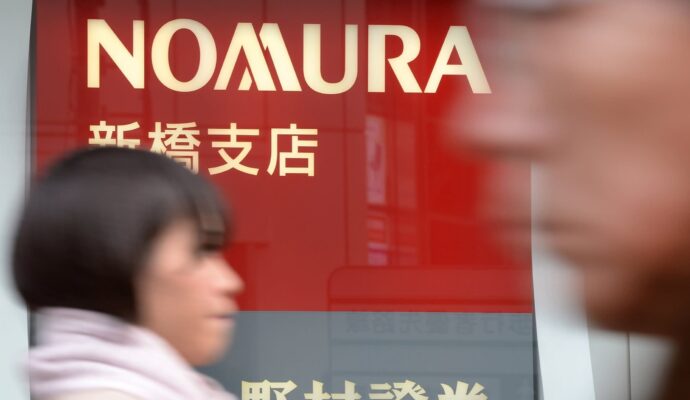“It was very clear from the Communist Party congress that President Xi is continuing to reinforce the very assertive and self-reliant course China has taken,” European Commission President Ursula von der Leyen said as the week-long event drew to a close.
“Clearly, China is continuing a mission to establish its dominance in East Asia and its influence globally.”
The US State Department had “noted” the conclusion of the party meeting, spokesman Ned Price said on Monday, as he repeated the Biden administration’s long-standing China policy of cooperating in a handful of areas and managing competition in others.
China and Western governments have marked tackling climate change and managing the global economy as potential areas of cooperation, but progress has been marred by geopolitical rivalry over trade, technology and the military, as well as conflict over political ideology and China’s human rights record.
Yu Jie, a senior research fellow on China at Chatham House, said Beijing’s perceived “pro-Russia neutrality” following Moscow’s invasion of Ukraine and the Western governments’ being on the verge of repositioning China from a competitor to an “all-out enemy” had contributed to their muted response to the widely watched party congress.
US President Joe Biden has described China as a “pacing challenge”, while the European Union classifies it as a “partner for cooperation, economic competitor and systemic rival” at the same time.
British Prime Minister Rishi Sunak in his first leadership bid in the summer described China as the “biggest long-term threat”.
“You do not congratulate your enemy, naturally, when it comes to a major achievement or a major political event,” Yu said. “It’s really due to the much-fraught relations between China and the Western liberal democracies.”
Western governments have not had the space yet to interpret the outcomes of the party congress, such as the new top leadership line-up filled by Xi’s long-time colleagues, she added. “It’s very hard to go through the political report and try to find something that can be easily translated into your policy direction.”
Chinese state news agency Xinhua reported that Xi had personally guided the selection of the 300-odd senior cadres who make up the party’s new elite Central Committee, which will steer China for the next five years.
One of the criteria was whether the candidates “dared to struggle and are competent in struggling” against Western sanctions and to safeguard national security, according to the Xinhua report.
“I don’t think the party congress will fundamentally change how other governments – whether you’re talking about those in Europe or North America – are going to treat China,” said Chong Ja Ian, associate professor at the National University of Singapore’s political science department.
“So, in that sense, there’s not fundamental enough a change for there to be major adjustments, such that we would see float to the surface.”
Chong said he expected more confrontations not just with the US and Europe but also China’s neighbours, including Japan and countries with contesting claims in the South China Sea.
Friction will also continue between mainland China and Taiwan, the self-governed island that Beijing sees as breakaway territory and aims to bring back into the fold, by force if necessary. Most countries, including the US, do not recognise Taiwan as independent.
German Chancellor Olaf Scholz, scheduled to visit China next month with a business delegation, is under pressure both domestically and from EU colleagues to guard against boosting economic ties with Beijing at the potential expense of a united European response to China, as well as risking a repeat of the lessons learned from being too dependent on Russian coal, oil and gas.
Pang Zhongying, chair professor for international political economy at Sichuan University, however noted that Xi’s party congress report had emphasised national security with development, with an indication that state-owned businesses would play a larger role in expanding China’s economy.
“State enterprises have begun replacing private ones in the past three years,” he said, adding this could hamper foreign investment and trade for an economy severely battered by continued adherence to a strict zero-Covid policy.
But there remains potential room for China-West dialogue at events such as the upcoming G20 summit in Bali.
Yu at Chatham House said that, despite deep disagreements, conversations between China and the West would continue at the G20 summit in November, on issues such as debt relief for African countries and the climate crisis.
“The channel of communication still remains, but I think if both sides keep on looking inward, those channels … will become narrower.”


